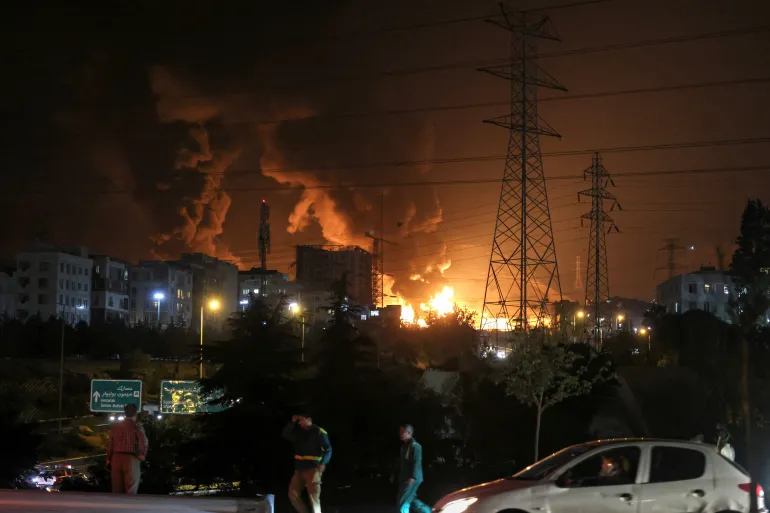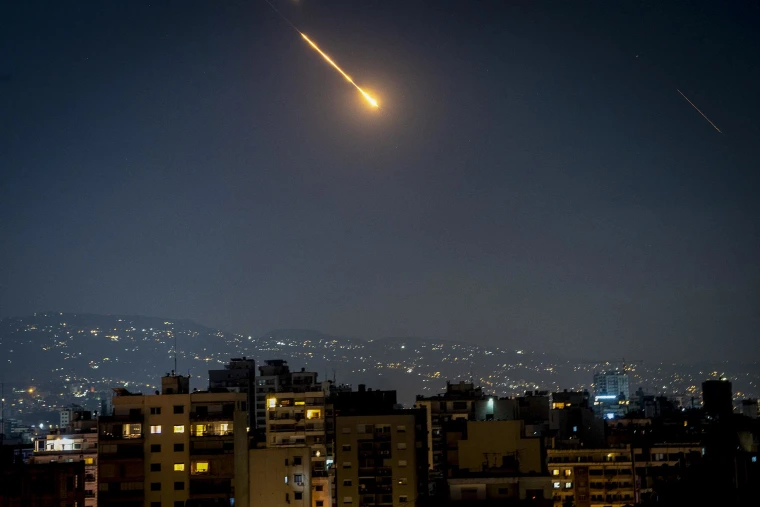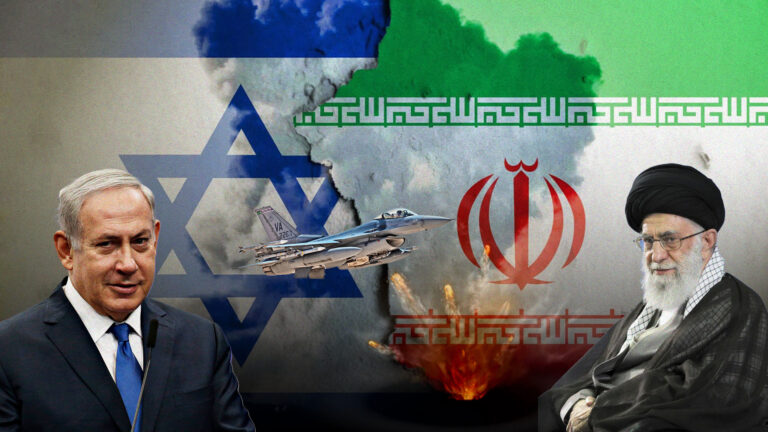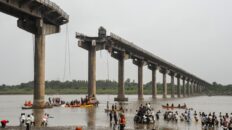The Iranian-Israeli conflict has entered a dramatic new phase in the last 24 hours, sending shockwaves across the Middle East and putting the world on high alert. Amid growing tensions and retaliatory attacks, Iran and Israel find themselves on the cusp of a dangerous escalation — a showdown that could profoundly affect not just their own future but the stability of the entire region.
Over the past day, reports from international media and eyewitness sources reveal a dramatic rise in aggression. Iran allegedly launched a series of drone and missile attacks against Israeli territory, prompting a powerful and decisive Israeli response. The attack, described by Iran as a “defensive measure,” followed a suspected Israeli assault on Iran’s positions in Syria — a move Iran viewed as a direct violation of its sovereignty.
As sirens wailed in southern and central Israel, the Iron Dome and David’s Sling air defense systems were put on high alert, successfully intercepting many of the incoming projectiles. Nevertheless, a few struck their targets, causing damage to key military and infrastructure sites and adding to a growing human toll.
The Israeli Air Force responded within hours by launching a series of airstrikes on Iranian facilities in Iran, Syria, and southern Lebanon, dismantling rocket storage sites, training camps, and command centers that Iran utilizes to orchestrate attacks against Israel. Reports suggest that these operations were designed to send a clear message to Iran — aggression will be met with decisive force.
Meanwhile, Iran’s President addressed the nation, stating, “Any attack against Iran will be answered immediately and powerfully.” His warning underscores Iran’s resolve to confront what it sees as persistent aggression from Israel and its allies.
The international community is now deeply alarmed. The United Nations Security Council has called for an urgent meeting, while world powers — including the USA, European Union, and Gulf states — are attempting diplomatic intervention to de-escalate the situation and avoid a full-scale war.
Meanwhile, civilians on both sides are bearing the brunt of this escalation. Families in southern Israel are taking refuge in fortified spaces, children are experiencing trauma from the blasts, and businesses are temporarily closing their doors. Inside Iran, ordinary people are bracing for a potential escalation, unsure of what the future may bring.
The 24 hours of dramatic escalation underscore a perilous reality — the Iran-Israel conflict is not a distant or contained dispute; it has the potential to spiral into a region-wide showdown. The world is now watching closely, wondering whether diplomacy can pull back the two enemies from the edge of a catastrophic conflict.
This showdown highlights deep-rooted tensions — Iran’s opposition to Israel’s policies and Israel’s view of Iran’s growing influence — tensions that have remained unsolved for years and now threaten peace and stability across the Middle East.
As we move forward, the international community’s role will be crucial. Will diplomatic pressure and dialogue ease tensions, or will a new wave of aggression undermine years of peace-building efforts?









Add comment